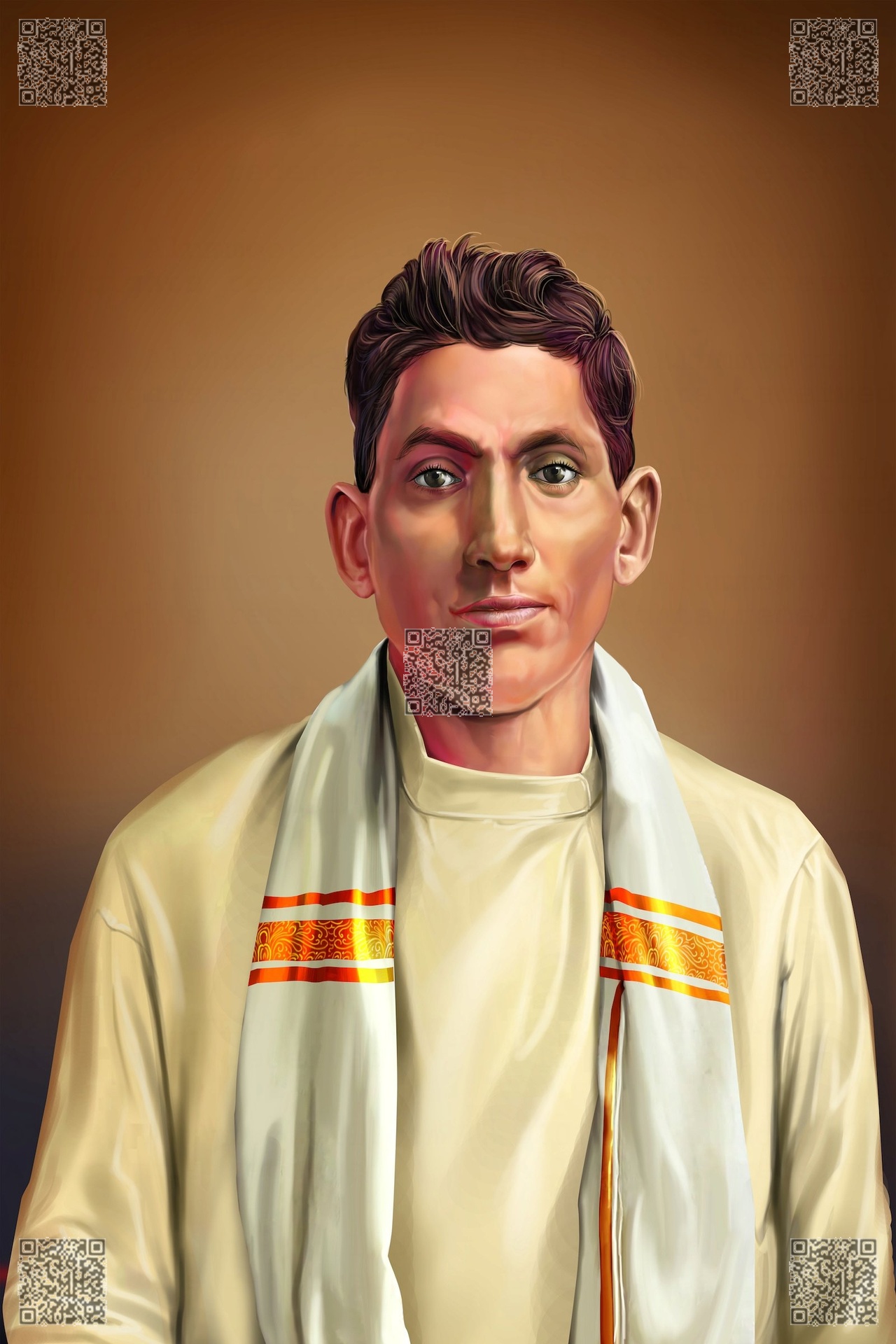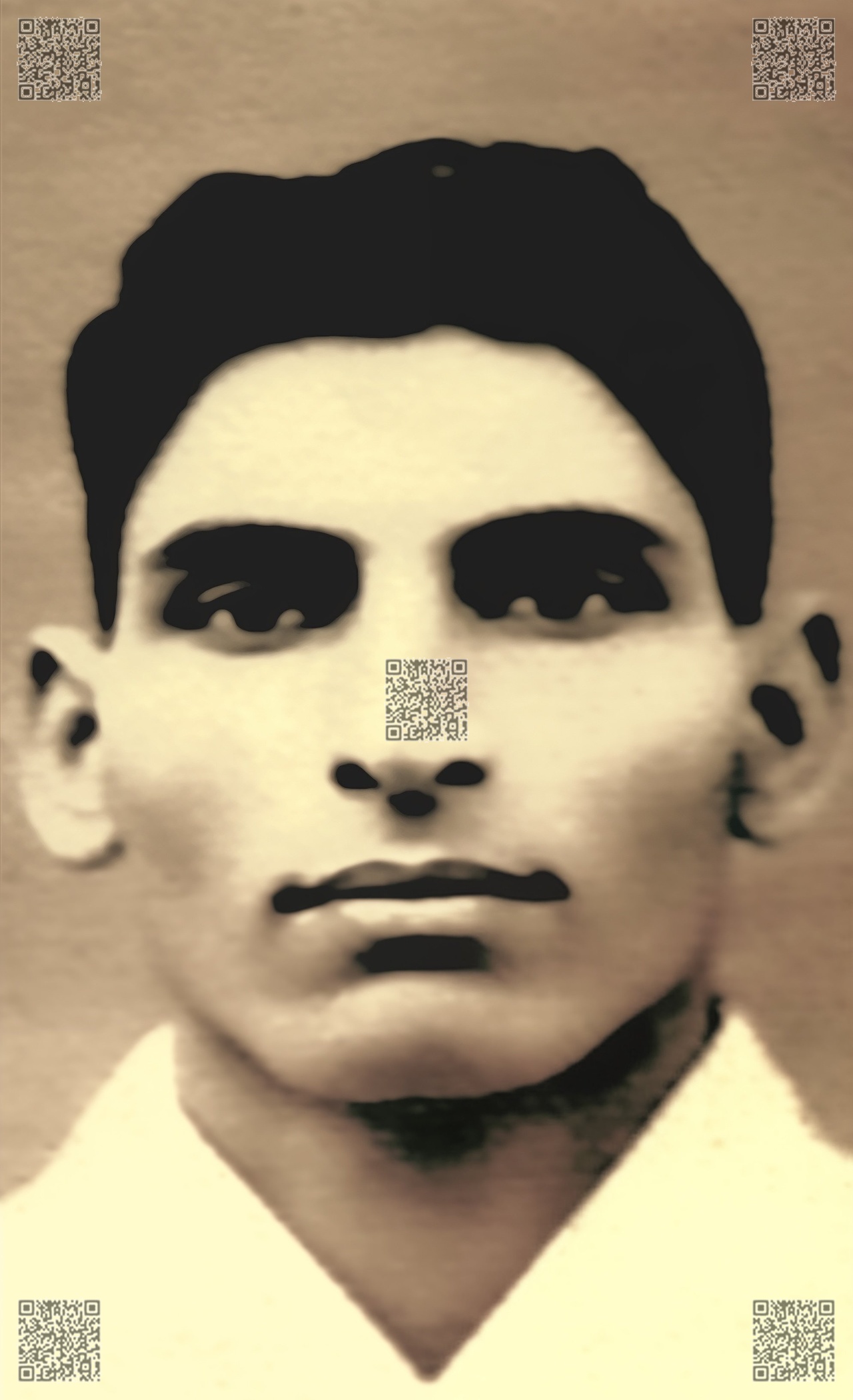Born into the Alummoottil® Family on the 2nd of September 1885, TK Madhavan graced our society as a prominent luminary of social reform and steadfast Indian freedom fighter. His indomitable spirit took center stage in the illustrious Vaikom Satyagraha, a noble crusade aimed at securing temple entry rights and abolishing the scourge of untouchability. A steadfast disciple of Sri Narayana Guru, his unwavering commitment to the cause led to his election as the Organizing Secretary of the esteemed Shree Narayan Dharma Paripalana Yogam in the year 1927.

1885 സെപ്തംബർ 2-ന് ആലുംമൂട്ടിൽ കുടുംബത്തിൽ ജനിച്ച ടി.കെ. മാധവൻ സമൂഹത്തിലെ സാമൂഹ്യ പരിഷ്കരണത്തിനായും ഇന്ത്യൻ സ്വാതന്ത്ര്യ സമര സേനാനിയായും ബഹുമാനിക്കപ്പെടുന്നു. ക്ഷേത്രപ്രവേശന അവകാശങ്ങൾ നേടിയെടുക്കാനും തൊട്ടുകൂടായ്മ ഇല്ലാതാക്കാനും ലക്ഷ്യമിട്ടുള്ള മഹത്തായ വൈക്കം സത്യാഗ്രഹത്തിന് അദ്ദേഹം നേതൃത്വം നൽകി. ശ്രീ നാരായണ ഗുരുവിന്റെ ശിഷ്യനായിരുന്ന അദ്ദേഹം 1927-ൽ ശ്രീനാരായണ ധർമ്മ പരിപാലന യോഗത്തിന്റെ ഓർഗനൈസിംഗ് സെക്രട്ടറിയായി തിരഞ്ഞെടുക്കപ്പെട്ടു.

The Vaikom Satyagraha, a resolute movement that spanned a formidable 18 months from 1924 to 1925, sought to usher in the era of temple entry for the avarnas, or those belonging to the lower castes, in Vaikom, a domain nestled within the erstwhile princely state of Travancore, situated in the Kottayam district of Kerala.
In the course of his impassioned involvement in the Vaikom Satyagraha, TK Madhavan found himself incarcerated in 1924. In his quest for justice, he reached out to none other than the venerable Mahatma Gandhi, who arrived in Vaikom on the 7th of March in 1925. Their shared dedication and tireless efforts culminated in the triumphant culmination of the Satyagraha.

TK Madhavan also left an indelible mark in the realm of journalism. Commencing in the year 1917, he assumed the esteemed editorial helm of the Malayalam daily, Deshabhimani, a platform he established with the noble intention of enlightening the masses about their inherent rights.

Further testifying to his commitment to the cause of India’s independence, TK Madhavan graced the Indian National Congress session in Kanpur in 1925, adding his voice to the chorus of freedom.
Owing to his injuries at the hands of the British Police, TK Madhavan passed away at the young age of 45. There are arguments that his passing away was unrelated to his incarceration - but the fact remains that during the last 10 years of his life, he was constantly tormented and agonized by the British government.

TK Madhavan passed away on April 27 1930, unable to see India becoming independant. His legacy as a champion of justice, reform and independance continues to inspire and guide generations.



